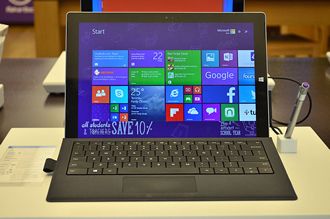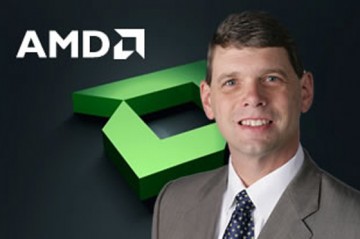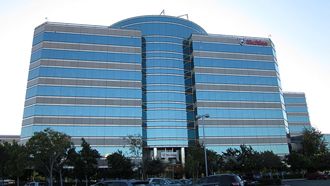 A survey said that small and medium enterprises (SMEs) are worried about poor networking and security.
A survey said that small and medium enterprises (SMEs) are worried about poor networking and security.
The survey, commissioned by Netgear which has something of an axe to grind, chose 500 companies with between one and 250 employees showed the SMEs’ concerns.
Three quarters of the firms said having a wireless network is essential to their business. That figure rises to 84 percent for firms hiring more than 100 people.
A large number rely on wireless networks with 74 percent saying it makes the company more productive, and 75 percent saying it improves customer services.
But one in three firms surveyed said they had struggled to install an effective and secure wireless service.
And 31 percent thought about dropping all their IT wireless plans after they’d had bad experience with quality and reliability. A third worried about data security while a quarter weren’t sure how to introduce wi-fi into existing IT infrastructure.




















